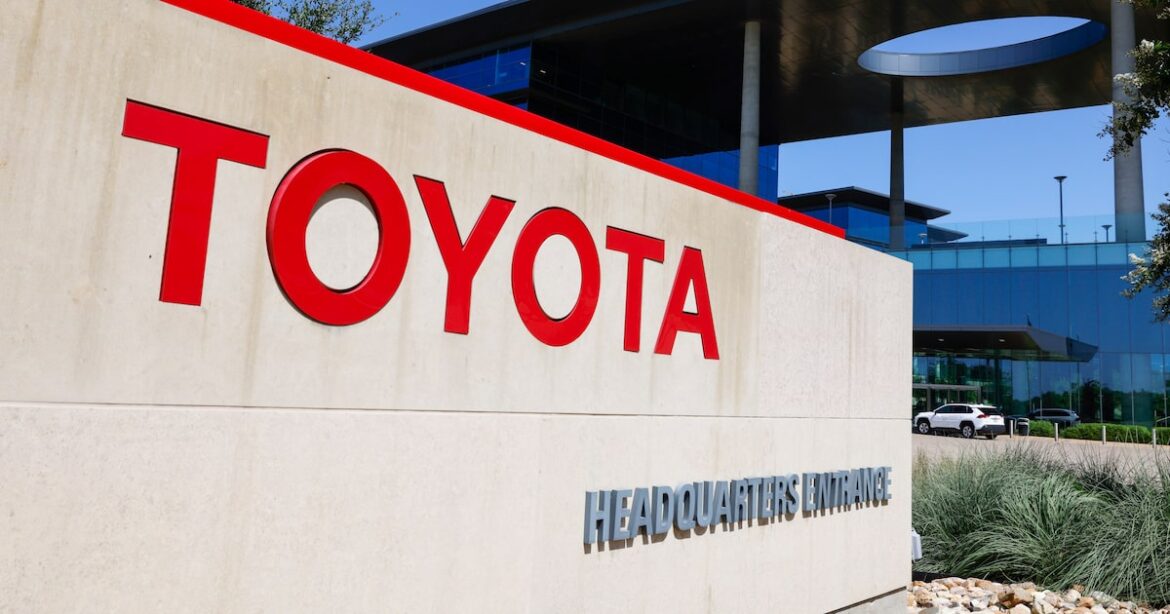Asia has designs on the blossoming Dallas-Fort Worth economy, with Japan positioning itself to be the tip of the spear.
After a seven-year hiatus, the U.S.-Japan Council on Monday unveiled the return of the Japan-Texas Economic Summit, which will take place in Arlington next May 11-13.
Last held in Houston in 2018, the U.S.-Japan Council was designed to unite leaders across business, investment and politics, and to foster closer ties between the U.S. and the world’s fourth-largest economy.
“Texas is a very business-friendly environment. When you show up here, the red carpet … opens up,” Mark Okada, a Dallas-area investor and the council’s vice chair, told The Dallas Morning News in an interview.
Business Briefing
“We’re reestablishing [the Texas summit] now because I think it’s even more timely and more relevant from an impact standpoint, and just bringing people together is how business is done,” said Okada, who is also the CEO of Sycamore Tree Capital Partners.
Economic ties between the Lone Star State and the Land of the Rising Sun are long and deeply entrenched.
Texas Gov. Greg Abbott’s office cites Japanese direct investment as the top generator of new jobs in the state, with over $31 billion in trade flowing between Texas and Japan annually.
Auto giant Toyota and tech company NTT Data have major presences in Plano, while other major Japanese brands are heavily invested in the D-FW area. Overall, well over 300 companies have taken up residence across Texas, providing over 75,000 jobs, Japan External Trade Organization data shows.
The U.S.-Japan Council announcement coincides with a new U.S.-Japan bilateral trade agreement that is expected to boost Japanese investment and trade flows to America by at least $500 billion, according to the White House — likely deepening the links between Texas and Asia-Pacific, which has a strong and growing regional presence.
Regardless of how the U.S-Japanese deal turns out, “the boots on the ground are vibrant and active, and they need to organize themselves for a better economic outlook and activity. That is really kind of the goal of all the trade negotiations,” Okada said.
“This is not about reducing trade and activity with Japan. It’s about increasing it,” he said. “And I think Texas is a perfect historical example of that, and will be a great sort of recipient of the growth of that going forward.”
Between both countries, the U.S.-Japan Council’s 1000-plus members are spread out across 12 regions. The planned confab in Arlington — which will partner with the organization — is the latest example of Asia-based companies tapping into North Texas’ burgeoning growth.
“When I moved here, this is obviously one of the biggest things that I latched on to as a concrete initiative that I felt was the highest priority for our respective communities,” said Steve Sakanashi, a Dallas-based consultant who will chair next year’s summit.
Japan isn’t the only Pacific-region country looking to deepen its D-FW footprint. In a nod to the region’s growing importance and rising demand for travel to Asia, Cathay Pacific announced its first direct flight between DFW International and Hong Kong, and Australia-based Qantas has increased daily service between DFW and Down Under.
Next up is the Taiwan Expo, the flagship conference sponsored by the Taiwan External Trade Development Council, which will be Aug. 14-16 in Dallas.
The development council recently opened its fifth satellite office in Dallas, and Texas created its own operation designed to compete for more Taiwanese investment.
As the artificial intelligence boom expands in scope and size, Taiwan is looking to cement its status as a U.S. trade partner and strategic contributor, especially with countless data centers already taking root in the region, James Huang, the development council’s chairman, told The News in a recent interview.
“We view Taiwan’s role in the Dallas and Texas economy as increasingly strategic, dynamic, and deeply integrated across high-impact sectors,” Huang explained.
He cited Wistron’s recent $687 million investment in a Fort Worth facility as a sign of the deepening Texas-Taiwanese relationship, which generated over $12 billion worth of investment last year.
“Dallas isn’t just a good fit on paper—it’s a perfect match in spirit, sharing Taiwan’s strengths in advanced manufacturing, semiconductors, AI, and healthcare technology,” he added.


AloJapan.com